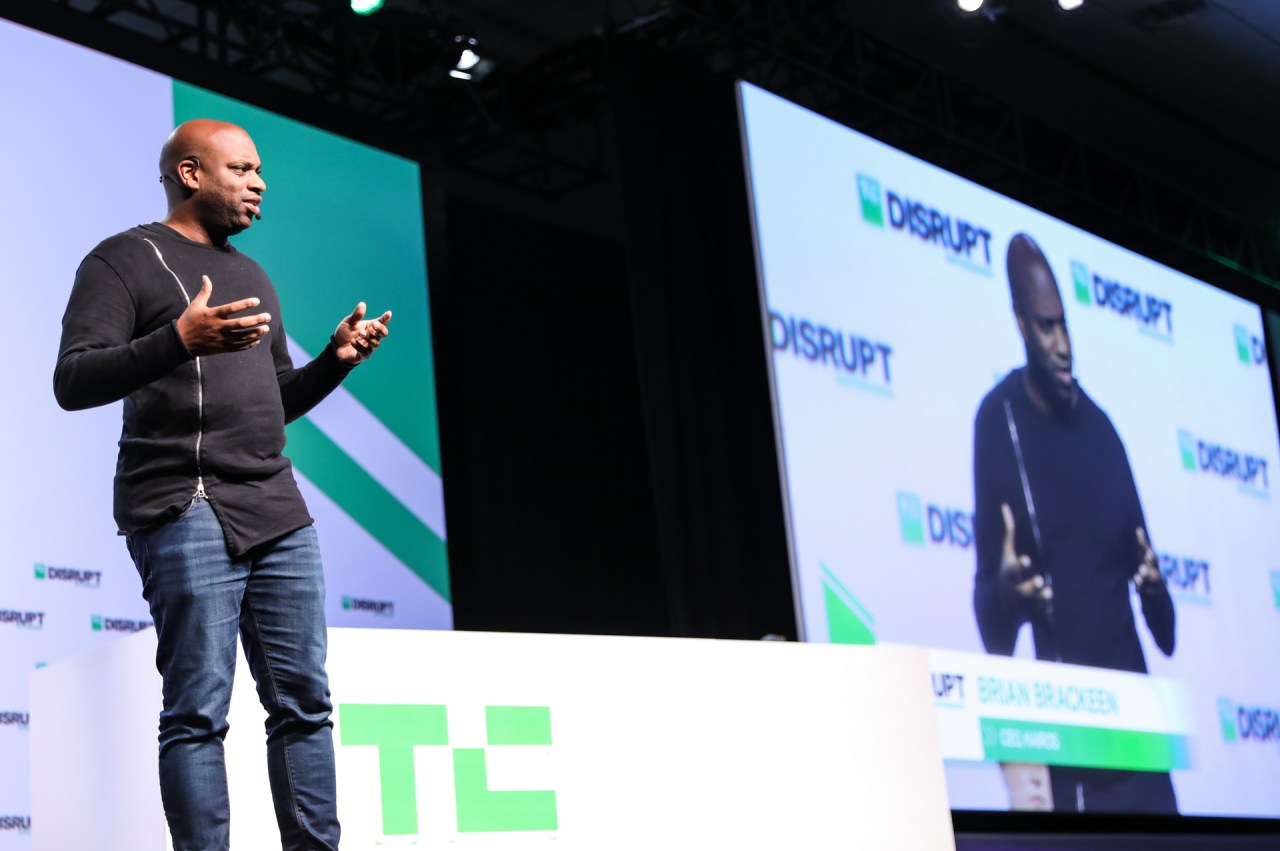In the fast-paced world of technology, startups often experience a whirlwind of changes that can either propel them towards success or plunge them into turmoil. The case of Miami-based facial recognition startup Kairos sheds light on this phenomena, revealing not only the intricacies of leadership disputes but also the ethical implications of their line of work in artificial intelligence. At the center of the storm is Brian Brackeen, the founder and erstwhile CEO, who finds himself locked in a legal battle with the company’s board. Let’s delve deeper into the unfolding drama surrounding Kairos and the vital issues it raises.
Background: A Disruptive Startup with a Mission
Kairos, birthed from the need to tackle algorithmic bias and discrimination in AI systems, has sought to provide businesses with robust facial recognition technology. The company’s mission, centered on delivering ethical and responsible AI solutions, stands in stark contrast to the criticisms often leveled against the broader industry, particularly regarding surveillance and privacy concerns. However, amidst internal conflicts, the fundamental mission of the startup is at risk of being overshadowed.
The Leadership Crisis Unfolds
- Termination of Brackeen: The recent fallout began when Steve O’Hara, the board chairperson, issued a termination letter citing willful misconduct on the part of Brackeen. Allegations of misleading investors and misappropriating funds have erupted, creating a rift within the company.
- The Lawsuit: In response, Kairos has filed a lawsuit against Brackeen, claiming theft and breach of fiduciary duties. These legal moves often complicate matters within startups, pushing them further away from innovation and into the realm of litigation.
- Acting Interim CEO: Melissa Doval’s rise to the interim CEO role adds another layer to the narrative, highlighting the uncertainty surrounding the company’s future goals and leadership dynamics.
The Allegations and Rebuttals
Brackeen has vehemently denied the allegations, framing them as an attempt to undermine his authority and legitimate intentions. He argues that his expenditures were tied to the growth of Kairos and that his actions were in line with fostering innovation, rather than personal gain. For instance, he defends expenses as necessary for securing investment and stimulating company development—a stance that reveals the delicate balancing act startup leaders must play.
As a response to these claims, Brackeen has detailed significant personal investments in the company, emphasizing the stark contrast between his alleged misconduct and his sacrifices for the company’s welfare. His open letter to shareholders presents a personal narrative that encapsulates the emotional and financial tumult often experienced by startup founders.
Navigating Ethical Waters in AI
The Dilemma of Selling to Law Enforcement
One of the most pressing issues highlighted by this debacle is the ethical implications of AI technologies, particularly facial recognition systems, in law enforcement. Brackeen’s outspoken stance on not selling to governmental agencies reflects a growing concern within the tech community about privacy and civic rights. The potential misuse of this technology for mass surveillance raises difficult questions about the responsibilities of companies operating in this space.
Commitment to Responsibility
Doval has reiterated Kairos’ commitment to being an ethical vendor, yet the vague terms of this commitment raise eyebrows. In a time when transparency and clear ethical guidelines are paramount, ambiguity can lead to distrust among stakeholders, especially when financial struggles loom large over the company. If faced with potential contracts with law enforcement, the existential battle between financial survival and ethical integrity becomes even more pronounced.
Looking Ahead: A Fight for the Future
As the impending shareholder vote approaches, the future of Kairos hangs in a delicate balance. What is at stake extends beyond just the leadership of the company; it encompasses the broader implications of ethical practices in artificial intelligence, societal values, and the responsibilities of tech companies. Brackeen’s fight for reinstatement as CEO represents a desire not just for control but also a fight to uphold the vision he originally had for Kairos—a vision that prioritizes ethical practices in an industry ripe with potential ethical pitfalls.
Conclusion: The Lessons Learned
The saga of Kairos serves as a powerful lesson in the complexities of startup dynamics, the significance of ethical commitment, and the challenges of navigating leadership disputes in the tech industry. As stakeholders weigh their options, the crucial takeaway is the importance of maintaining a balance between innovation and responsibility. The tech world will be watching with bated breath as this story unfolds, offering insights that could shape the future of ethical practices in artificial intelligence.
For more insights, updates, or to collaborate on AI development projects, stay connected with fxis.ai.
At fxis.ai, we believe that such advancements are crucial for the future of AI, as they enable more comprehensive and effective solutions. Our team is continually exploring new methodologies to push the envelope in artificial intelligence, ensuring that our clients benefit from the latest technological innovations.

